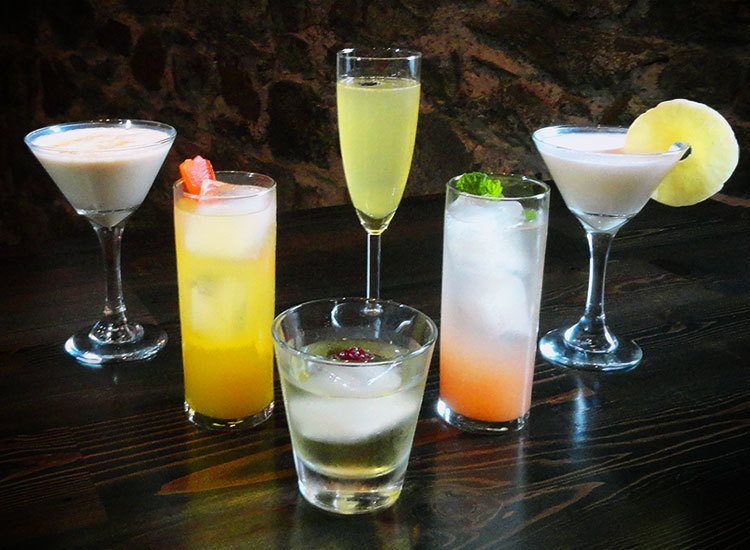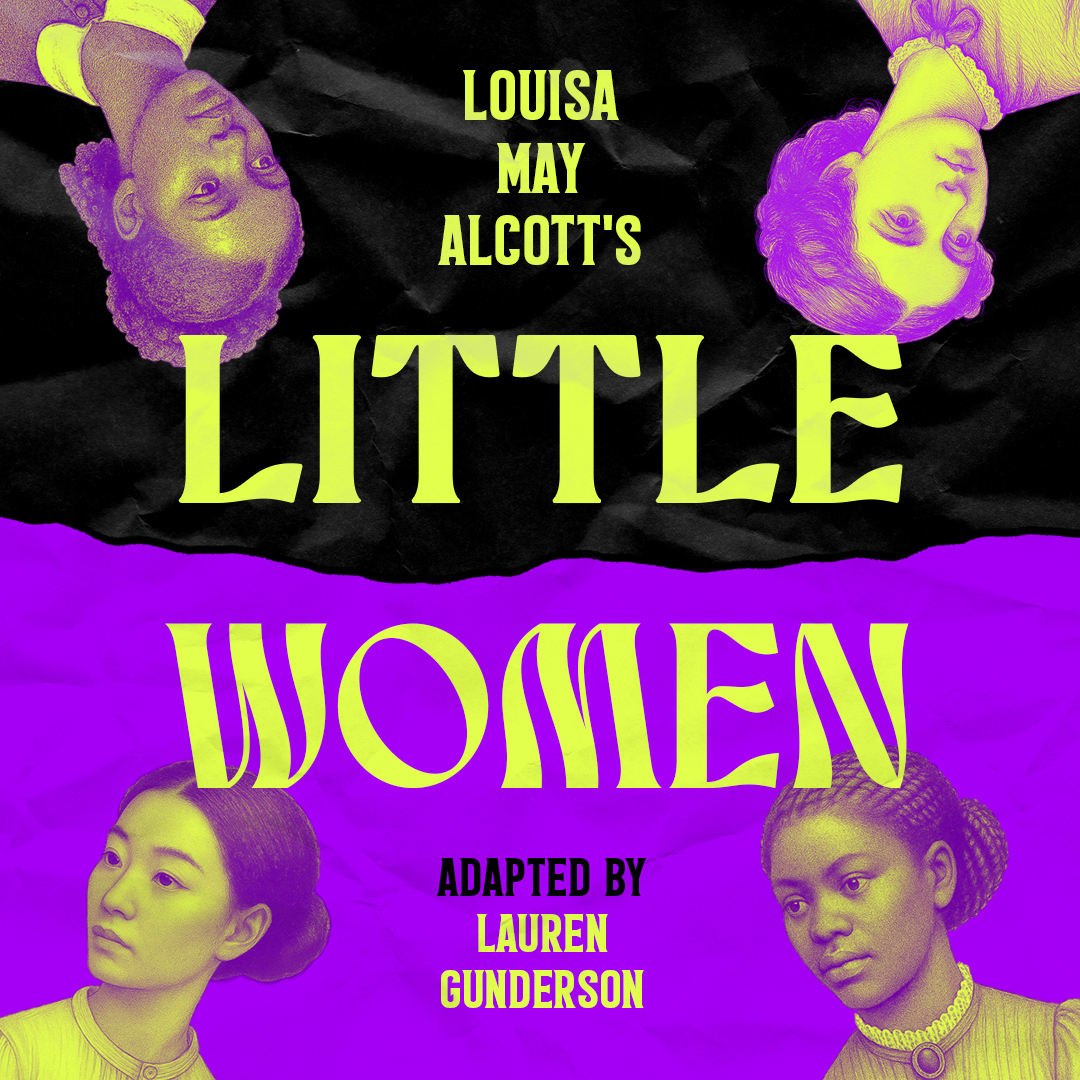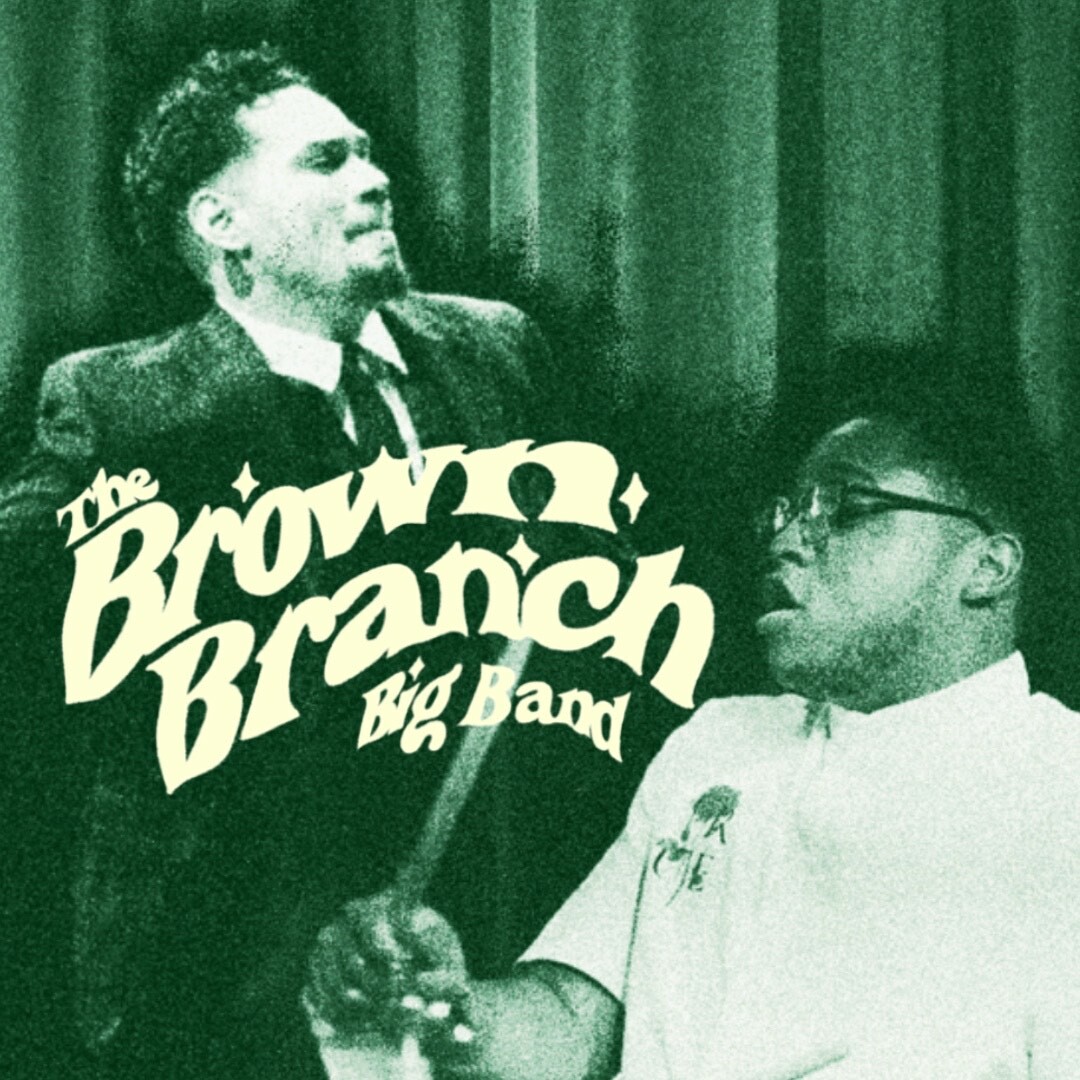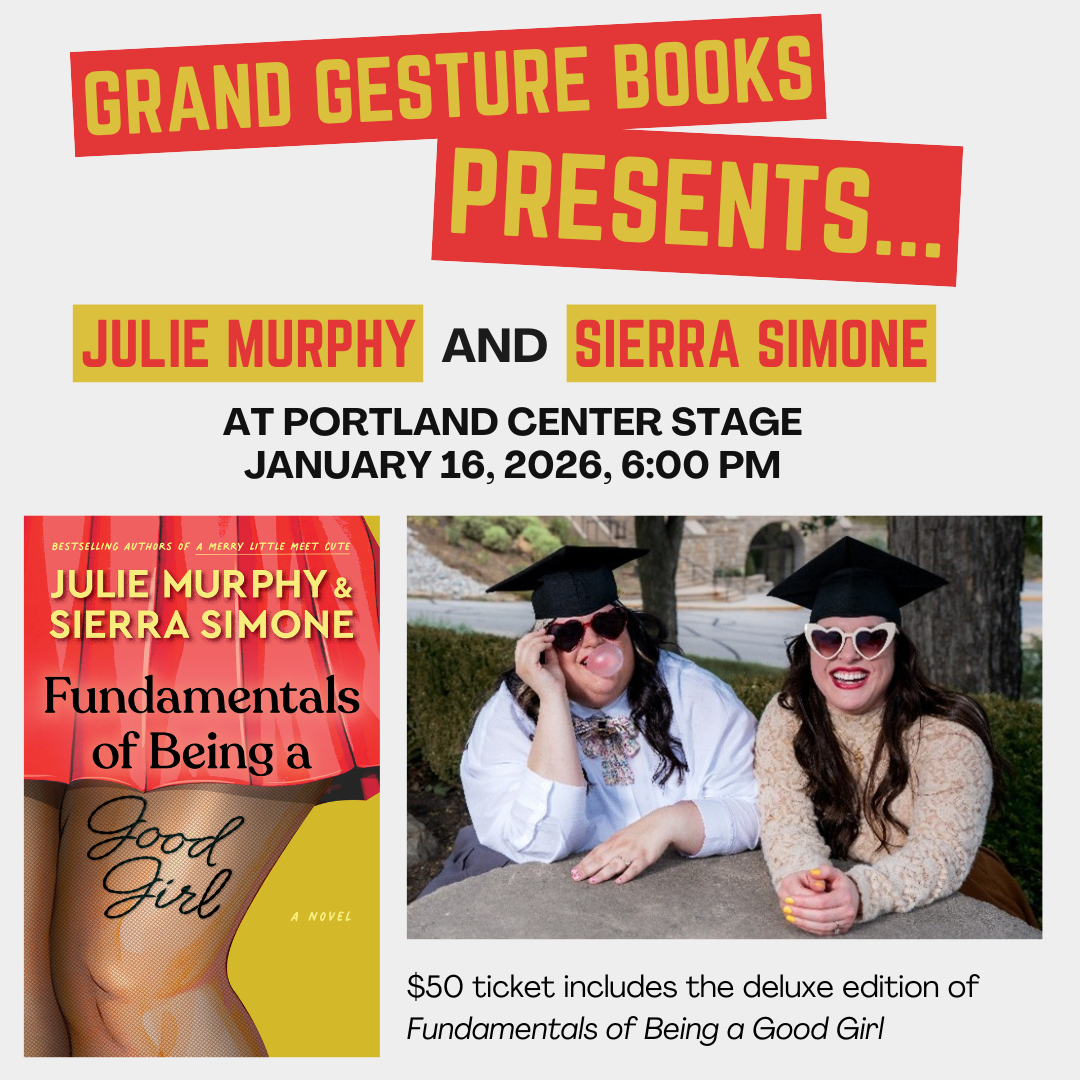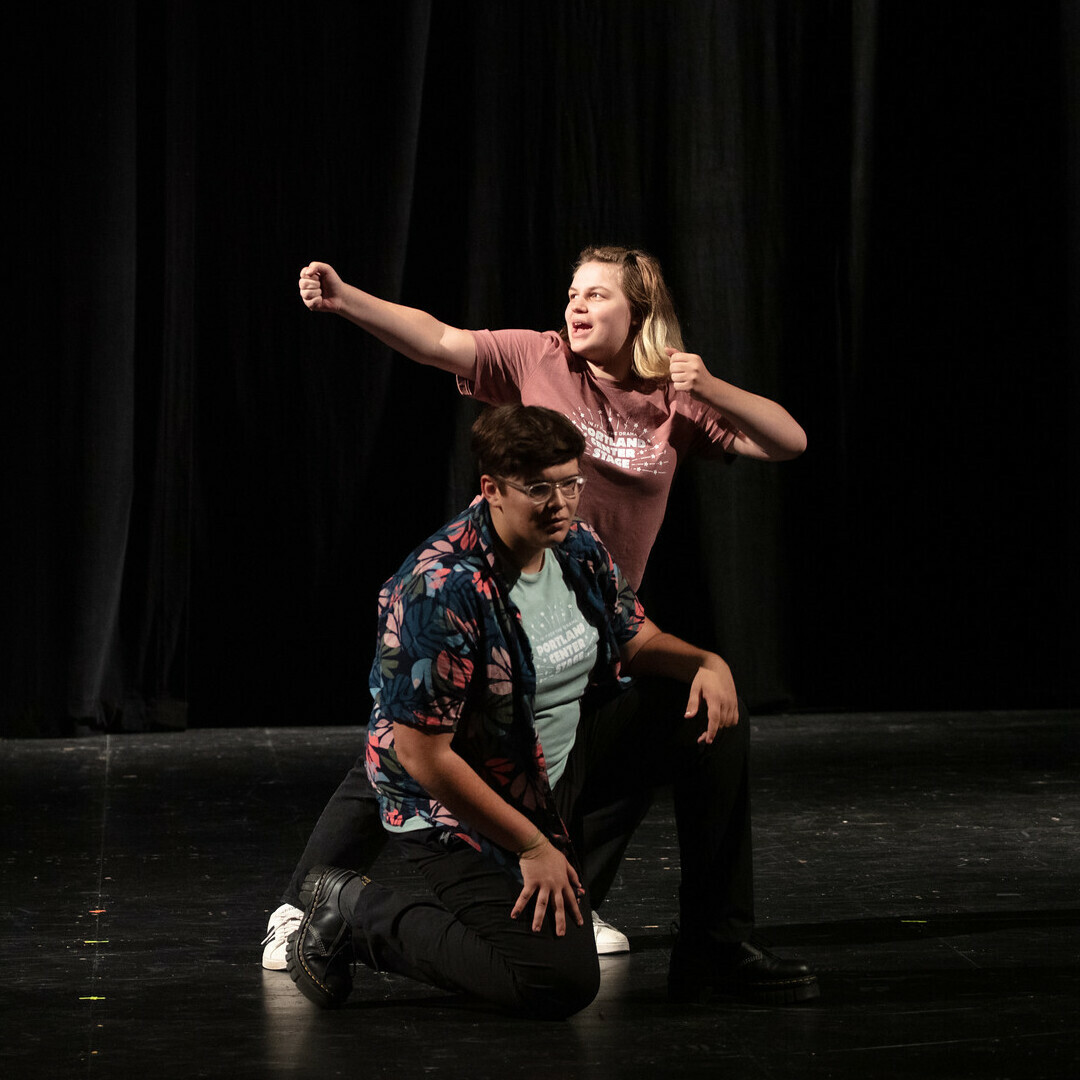The World of the Play: In the Heights
Home at the Heart of In the Heights

Street corner in Washington Heights. Photo credit: Jeremiah's Vanishing New York
Washington Heights is a vibrant neighborhood which spans 35 blocks on the upper end of Manhattan. The community is largely populated by people of Dominican descent, but also other Spanish-speaking populations, especially Puerto Ricans and Cubans.
The moniker Washington Heights comes from George Washington. During the Revolutionary War, the British forced George Washington and his troops out of this section of Manhattan island. Before the English occupied the territory, it was called Shorokapok, by the Munsee tribe who lived on the land before it was "purchased" by Peter Minuit.
Jumping ahead into the 20th century, Washington Heights changed greatly throughout the years. During the pre-WWII years, Irish, Greek, and Jewish immigrants flocked to the area to starts their lives as Americans. As the century progressed, the ethnic makeup of the neighborhood changed and racial tensions marred the community.
In the late 1960s, Dominican immigrants began to arrive in Washington Heights, and eventually it became the center of Dominican diaspora in America. These changes to the population, as well as relations between the various ethnic groups in the northern neighborhoods caused tension for the community.
In the 1980s, Washington Heights was plagued with crime and issues connected to the crack epidemic sweeping through the nation. As the new millennium approached, community organizers, church leaders, the City of New York, and residents of the neighborhood fought to bring their community to a better place.
Washington Heights is now a thriving community, full of businesses and life, but it now faces new problems addressed in In the Heights. With renewal and rebirth of a neighborhood, gentrification often follows. Rents go up; people who have called the community home can no longer sustain their lives as they knew them. New businesses and developers come in and change the flavor that makes the neighborhood special. For Usnavi, his community, and the real people of Washington Heights, the balance between progress and tradition is delicate. Explore more about the people and buildings of this neighborhood in Jeremiah's Vanishing New York.
—Compiled and reprinted with permission by Milwaukee Repertory Theater PlayGuides
Beyond the Play: A Reading List for In the Heights
- Nilda by Nicholasa Mohr- A young girl growing up in Spanish Harlem in the 1940s watches the secure world of her childhood years slowly erode away.
- Down These Mean Streets by Thomas Piri- The lyrical memoir follows the coming-of-age on the streets of Spanish Harlem of a Puerto Rican in English-speaking America -- a dark-skinned morenito in a family that refused to acknowledge its African blood.
- Bendición The Complete Poetry of Tato Laviera- Tato Laviera’s poetry reflects his bilingual, bicultural Nuyorican existence while celebrating the universality of the human condition and his European, indigenous and African roots. He explores identity, community, urban life, oppression and more in these multi-layered pieces that spanned his too-short life.
- Bodega Dreams by Ernesto Quiñonez-In a stunning narrative combining the gritty rhythms of Junot Diaz with the noir genius of Walter Mosley, Bodega Dreams pulls us into Spanish Harlem, where the word is out: Willie Bodega is king. Need college tuition for your daughter? Start-up funds for your fruit stand? Bodega can help. He gives everyone a leg up, in exchange only for loyalty—and a steady income from the drugs he pushes.
- West Side Story- This musical sets the tragedy of Romeo and Juliet against a backdrop of the rivalry of two street gangs, the Sharks and the Jets, in New York of the 1950s. A young woman who is sister to the Sharks' leader has her first taste of love with the former head of the Jets.
- When I Was Puerto Rican [a Memoir] by Esmeralda Santiago- Growing up, Esmeralda learned the proper way to eat a guava, the sound of the tree frogs in the mango groves at night, the taste of the delectable sausage called morcilla, and the formula for ushering a dead baby's soul to heaven. But just when Esmeralda seemed to have learned everything, she was taken to New York City, where the rules -- and the language -- were bewilderingly different.
- Love War Stories by Ivelisse Rodriguez- From childhood, Puerto Rican girls are taught to want true love. They are raised by women whose lives were filled with grief and betrayal. These short stories document how these love wars unfold across generations.
- Gmorning, Gnight! Little Pep Talks for Me & You by Lin-Manuel Miranda- Do NOT get stuck in the comments section of life today. Make, do, create the things. Let others tussle it out. Vamos! Before he inspired the world with Hamilton and was catapulted to international fame, Miranda was inspiring his Twitter followers with words of encouragement at the beginning and end of each day.
- From Bomba to Hip-hop Puerto Rican Culture and Latino Identity by Juan Flores- Flores focuses on the progression of Puerto Rican culture in the United States over the past half-century. He analyzes developments in music, literature, and other elements of popular culture and compares Puerto Rican culture to that of other Latino groups in the United States.
- Puerto Rican Nation on the Move Identities on the Island and in the United States by Jorge Duany- Duany argues that the Puerto Rican "nation" must be understood as a new kind of translocal entity with deep cultural continuities. He documents a strong sharing of culture between island and mainland, with diasporic communities tightly linked to island life by a steady circular migration.
—From our partners at the Multnomah County Library
Portland Center Stage is committed to identifying & interrupting instances of racism & all forms of oppression, through the principles of inclusion, diversity, equity, & accessibility (IDEA).





